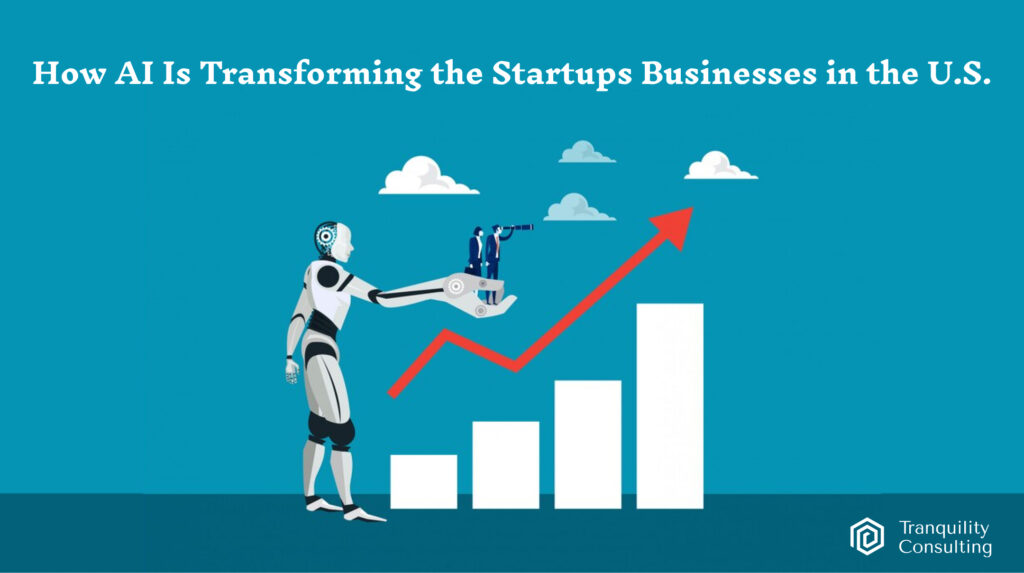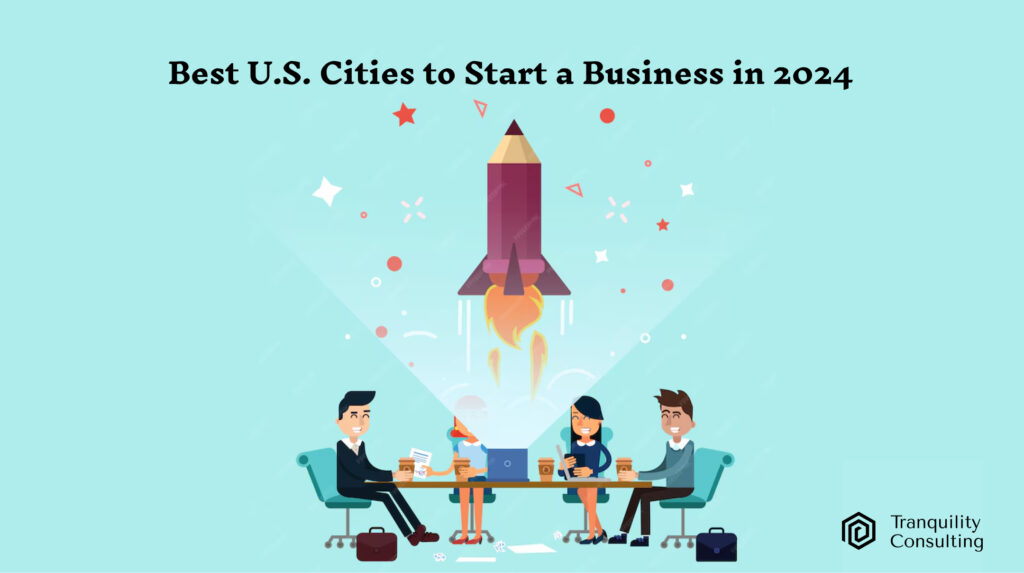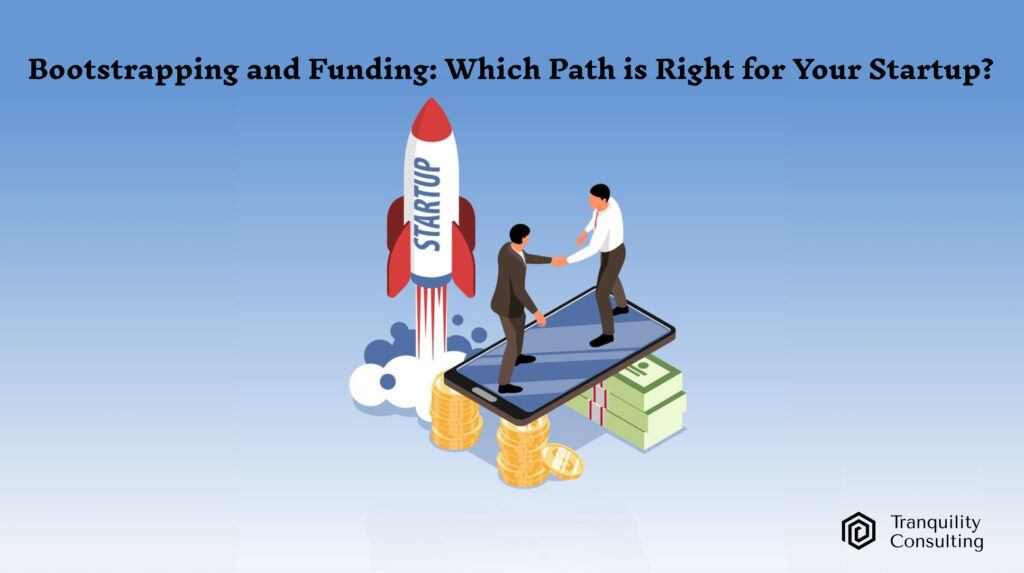Artificial Intelligence (AI) is no longer a futuristic concept; it has become a pivotal force reshaping industries worldwide. Startups, known for their agility and innovation, are harnessing the power of AI to gain a competitive edge, optimize operations, and deliver personalized customer experiences. This blog will explore how AI changes startup games, its applications, benefits, and challenges, and why adopting AI is crucial for emerging businesses.
The Growing Role of AI in Startups
Startups thrive on innovation, and AI provides tools that automate routine tasks, enhance decision-making, and offer deep insights. By leveraging AI-powered tools, startups can focus on strategic growth while maintaining cost efficiency.
- Automation of Repetitive Tasks: AI allows startups to automate mundane tasks, such as data entry, customer support, and inventory management. Chatbots, for example, streamline customer interactions, reducing the workload on human agents while ensuring 24/7 support.
- Data-Driven Decision Making: AI-powered analytics tools enable startups to derive actionable insights from vast amounts of data. These tools provide forecasts, identify trends, and predict customer behavior, helping startups make informed decisions.
- Enhanced Customer Experience: AI technologies like natural language processing (NLP) and machine learning (ML) create personalized experiences. Startups use AI to recommend products, curate content, and offer tailored solutions, significantly improving customer satisfaction.
- Streamlined Operations: From supply chain management to hiring, AI helps optimize processes, ensuring startups operate efficiently. AI-driven platforms can automate candidate screening or monitor logistics in real time.
AI Use Cases in Startups
- Marketing and Sales Automation: AI streamlines lead generation and email marketing by analyzing customer behavior and predicting preferences. Startups can target the right audience with precision, improving conversion rates.
- Financial Management: AI-powered tools assist with bookkeeping, fraud detection, and financial forecasting, allowing startups to manage their finances with greater accuracy and minimize risks.
- Product Development: AI accelerates innovation by providing insights from user feedback, market trends, and competitor analysis. This enables startups to create products that truly resonate with their audience.
- AI-Powered Customer Support: Startups use AI chatbots to handle FAQs, troubleshoot issues, and escalate complex problems to human agents. These bots reduce response time and improve user satisfaction.
- Hiring and Talent Management: AI platforms simplify recruitment by analyzing resumes, predicting candidate fit, and automating repetitive hiring tasks. They also track employee performance and identify areas for improvement.
Why Startups Should Embrace AI
Cost Efficiency
AI reduces the need for large teams by automating repetitive tasks. This allows startups to allocate resources more effectively and scale operations faster.
- Competitive Edge: Startups leveraging AI can outperform competitors by offering innovative products, superior customer service, and optimized processes.
- Scalability: AI solutions grow with the business. Startups can expand their operations without proportionally increasing costs or complexity.
- Enhanced Security: AI-based cybersecurity tools protect startups from data breaches and phishing attacks. These tools identify vulnerabilities and provide real-time threat detection.
Challenges Startups Face in AI Adoption
- High Initial Investment: Implementing AI requires an upfront investment in technology, talent, and infrastructure, which can be a barrier for early-stage startups.
- Lack of Expertise: Startups often need help finding skilled AI professionals who can effectively develop and manage AI solutions.
- Data Dependency: AI thrives on data, and startups with limited data resources may find it challenging to maximize AI’s potential.
- Ethical Concerns: AI raises ethical questions about privacy, bias, and accountability. Startups must address these issues to maintain trust.
The Future of AI in Startups
AI’s potential to transform startups is only beginning. Technologies like Generative AI, Edge AI, and AI-powered no-code platforms make advanced solutions accessible to even the smallest businesses. Startups that integrate AI into their core strategies will now be in charge of tomorrow’s market.
FAQs
1. How can AI help startups reduce costs?
AI automates repetitive tasks and optimizes processes, reducing the need for an extensive workforce and minimizing operational costs.
2. What are some standard AI tools used by startups?
Startups use AI tools for analytics, customer support (e.g., chatbots), marketing automation, and financial management.
3. Is AI adoption feasible for small startups?
AI solutions like SaaS platforms offer affordable options for small startups to begin leveraging AI without large investments.
4. What challenges do startups face in AI adoption?
Challenges include high initial costs, lack of expertise, data dependency, and ethical concerns like bias and privacy issues.
5. How does AI improve customer experience for startups?
AI enables personalization, such as tailored recommendations, targeted marketing campaigns, and efficient customer service through chatbots.
If you have any questions or need business-related tax consulting advice, please contact us at: [email protected]





